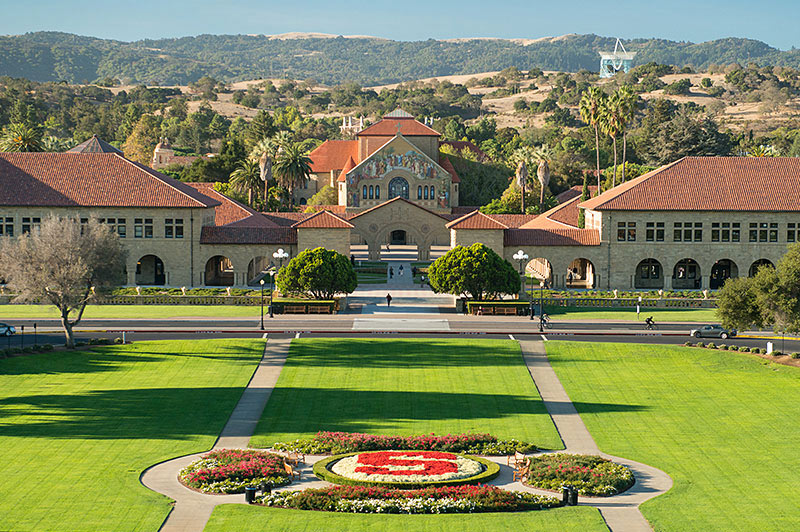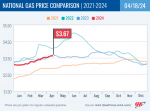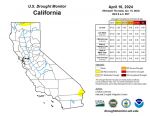
While U.S. federal entitlement program expenditures are intricately woven into the fabric of American society, they have grown into a costly burden with a reach far beyond what was originally intended, Stanford scholar John Cogan says.
February 22, 2018 - By Clifton B. Parker - U.S. federal programs – such as Medicare and Social Security – are now a costly burden that actually distribute most of their aid to middle class households, said Stanford scholar John Cogan.
Also known as federal entitlements, these programs include Medicaid, Supplemental Nutrition Assistance Program, the GI Bill and military pensions.
Cogan said that more than 60 percent of all U.S. households that receive entitlement program benefits have incomes above the poverty line, which is currently pegged at $24,000 for a family of four. Federal entitlements have evolved from their original intention to provide assistance to individuals who are impoverished through no fault of their own and grown into a costly and complex system, Cogan said.
Before joining Stanford as a Hoover Institution senior fellow, Cogan served as assistant secretary for policy in the U.S. Department of Labor and as a deputy director in the U.S. Office of Management and Budget. He recently wrote the book, The High Cost of Good Intentions: A History of U.S. Federal Entitlement Programs.
The Stanford News Service interviewed Cogan on this subject:
What aspects of American life do federal entitlements cover today?
Federal entitlement program expenditures are deeply woven into the fabric of our society and economy. Originally designed to provide a measure of economic security to senior citizens and a safety net of assistance to the poor, they have grown into a costly, complex system that distributes a large share of its aid to middle class households. Over 60 percent of all U.S. households that receive entitlement program benefits have incomes above the poverty line prior to the receipt of those benefits. About half of all federal entitlement benefits go to non-poor households and about 30 percent goes to households in the upper half of the income distribution.
How much does the federal government spend in terms of the gross domestic product on entitlement programs? How much has this increased in recent years?
Federal entitlements now account for about 14 percent of GDP: about $8,000 per year for every man, woman and child living in the U.S. Entitlements have been the fastest growing part of the federal budget for the better part of the last half-century and account for all of the growth in federal spending since World War II. If you’re looking for the source of the federal government’s chronic budget deficits and its rising national debt, you need look no further than entitlement programs.
What is the present fiscal state regarding entitlements?
For the past several decades, Congresses and presidents have been acutely aware that federal entitlement programs will create a fiscal problem of unprecedented magnitude. Not only have they failed to address the problem by restraining entitlement spending, they have acted to make the problem worse by repeatedly enacting legislation expanding entitlement programs. It’s been a bipartisan exercise in fiscal irresponsibility.
Is there a way to reform entitlements efficiently without creating significant social and political turmoil?
While it would be a mistake to underestimate the difficulty of reform, history provides us with important lessons about how to successfully restrain entitlement spending. Presidents Franklin Roosevelt, Jimmy Carter, Ronald Reagan and Bill Clinton all led successful efforts. The stories of how they accomplished reforms illuminate the conditions necessary for reform to occur. These conditions include a broad public understanding of the nature of the problem, presidential leadership in proposing and guiding reform, and bipartisanship in enacting reform.
None of these conditions is present today. The current president, like his predecessor, has chosen to ignore serious reforms of Social Security and Medicare. Bipartisanship in Congress appears to be a lost art, except when it comes to more federal spending. The public is just beginning to awaken to the magnitude of the fiscal problem created by entitlement spending. Over the longer term, the prospects are much better. But then, I’m an optimist. When reforms do come, they should be designed to meet two objectives. First, they should seek to preserve the original well-meaning intentions of entitlement programs that were established at the time of their enactment. Second, reforms should put these programs on a sustainable fiscal path.
Source: Stanford














































































